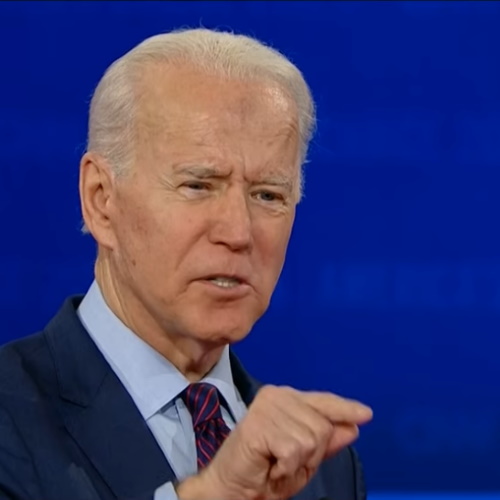- Joined
- Aug 10, 2013
- Messages
- 25,922
- Reaction score
- 33,361
- Location
- Cambridge, MA
- Gender
- Male
- Political Leaning
- Slightly Liberal
There's a lot of evidence that American's once-great capitalist engine has been sputtering due to a lack of robust, competitive markets (The Great Reversal: How America Gave Up on Free Markets is a worthwhile read on the subject).
The good news is that there are strong signs this week that the Biden administration recognizes the problem and is serious about tackling it (e.g., The Biden Federal Trade Commission Signals an Aggressive Antitrust Enforcement Agenda) including, as the NYT notes, in labor markets:
A Planned Biden Order Aims to Tilt the Job Market Toward Workers
Not exactly a surprise that worker-friendly economic policy would be a hallmark of a Biden administration, but a welcome change of pace.
The good news is that there are strong signs this week that the Biden administration recognizes the problem and is serious about tackling it (e.g., The Biden Federal Trade Commission Signals an Aggressive Antitrust Enforcement Agenda) including, as the NYT notes, in labor markets:
A Planned Biden Order Aims to Tilt the Job Market Toward Workers
According to an increasingly influential school of thought in left-of-center economic circles, corporate mergers and some other common business practices have made American workers worse off. The government, this theory holds, should address it.
It appears that school has a particularly powerful student: President Biden.
The order will encourage the Federal Trade Commission to ban or limit noncompete agreements, which employers have increasingly used in recent years to try to hamper workers’ ability to quit for a better job. It encourages the F.T.C. to ban “unnecessary” occupational licensing restrictions, which can make finding new work harder, especially across state lines. And it encourages the F.T.C. and Justice Department to further restrict the ability of employers to share information on worker pay in ways that might amount to collusion.
More broadly, the executive order encourages antitrust regulators to consider how mergers might contribute to so-called monopsony — conditions in which workers have few choices of where to work and therefore lack leverage to negotiate higher wages or better benefits.
Not exactly a surprise that worker-friendly economic policy would be a hallmark of a Biden administration, but a welcome change of pace.




